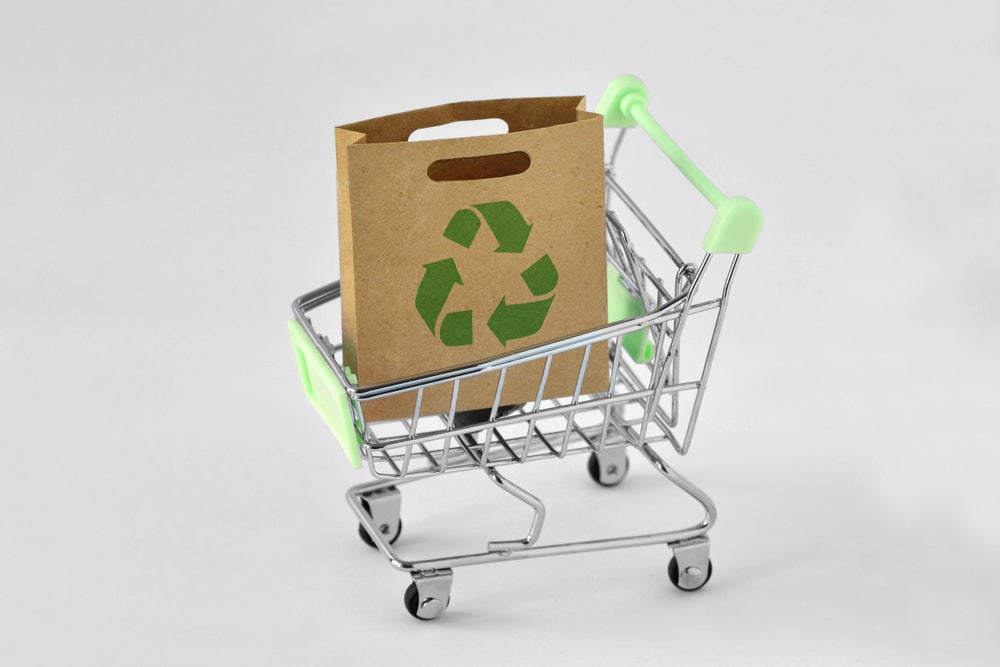
Speaking in the January issue of the National Retail Federation (NRF) Monthly Economic Review, Kleinhenz acknowledged the resilience of the US economy throughout 2023 and the unexpected strength of consumer spending in the face of challenges such as high inflation and soaring interest rates.
Contrary to earlier predictions of a looming recession, consumers maintained their spending momentum, defying economic headwinds explained Kleinhenz.
“Nonetheless, those tailwinds are not necessarily sustainable,” said the NRF economist.
Kleinhenz highlighted ongoing challenges such as tighter credit conditions and elevated borrowing costs. Moreover, he said employment reports indicate a deceleration in the expansion of the labour market.
The NRF economist attributed the 2023 spending surge to several factors including a tight labour market, a “wealth effect” generated by increased equity and home prices, and accumulated savings from the pandemic period.
The inflation-adjusted gross domestic product recorded a solid growth rate of 2.3% over 2022. December’s unemployment rate of 3.7% marked one of the lowest in decades, with wages experiencing a year-over-year increase of 4.5%, outpacing the 2.6% inflation rate measured by the Personal Consumption Expenditures Price Index endorsed by the Federal Reserve.

US Tariffs are shifting - will you react or anticipate?
Don’t let policy changes catch you off guard. Stay proactive with real-time data and expert analysis.
By GlobalDataNonetheless, unadjusted for inflation, consumer spending saw a 5.2% year-over-year increase in October and November, fuelled by a 7% surge in disposable personal income.
Core retail sales, excluding sectors like automobile dealers, gasoline stations, and restaurants, exhibited a 3.7% year-over-year growth for the first 11 months of 2023.
Concerns arose despite these positive indicators, as job openings dipped to 8.79 million in November, the lowest since March 2021.
While the US Labor Department reported an overall nonfarm payroll growth of 216,000 jobs in December, the net growth in private-sector jobs stood at 68,000 after accounting for downward revisions to previous months’ job growth.
“The labour market looks set to cool further this year, which will impact consumer expectations for employment and wage growth, and, in turn, affect spending decisions,” Kleinhenz said. “Spending is elevated relative to current income, and maintaining the recent pace of growth will be increasingly difficult.”
He pointed out pandemic-induced savings that fuelled spending in 2023 are shrinking, and revolving debt has returned to pre-pandemic levels.
While consumer confidence has increased, concerns persist regarding income outlook, business and job market conditions, influenced by factors like higher interest rates, persistent inflation, and political uncertainties.
In addressing the future, Kleinhenz posed a pivotal question – what will the Federal Reserve do with interest rates?
Despite the central bank’s indication of likely rate hikes, he said there is a possibility that the benchmark federal funds rate, currently at 5.25-5.5%, could be reduced to 4.6% by the end of 2024.



